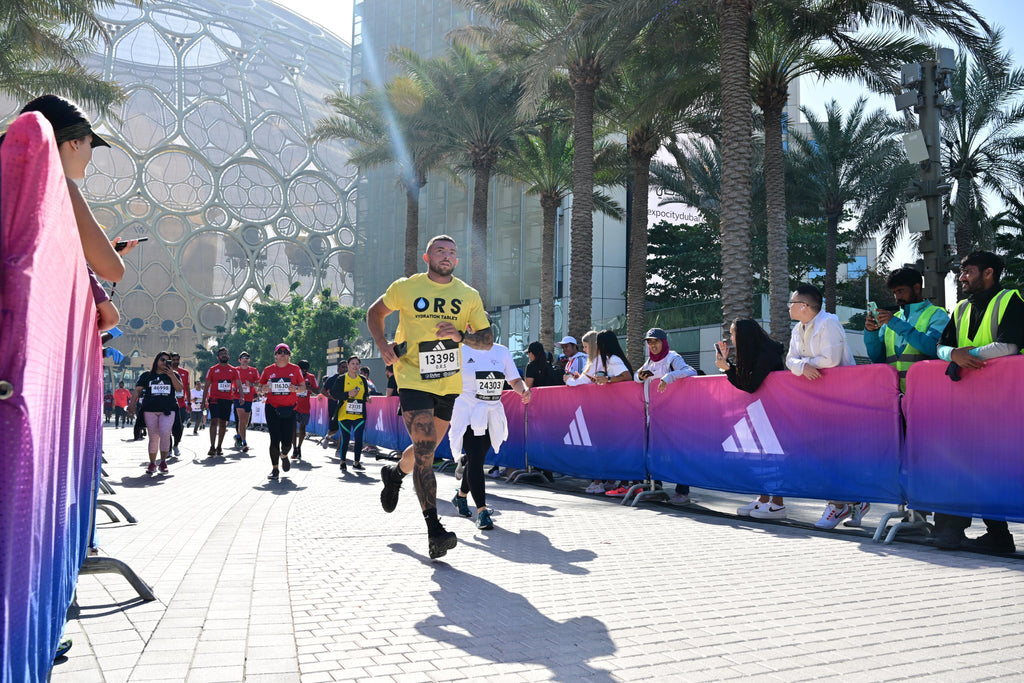The Importance Of Hydration During Marathon Training

Marathon training involves a training programme that becomes more relentless as time goes on. It requires many miles, discipline and willingness to compete and improve. It also requires adequate preparation in itself. We will go through the importance of hydration during marathon training.
Hydration has three important roles in marathon training; preparation, performance and recovery.
Preparation
Preparation involves putting yourself in the best condition to pre-work out. This may include warming up, stretching, as well as supplementation. Although hydration is not a supplementation, it is often overlooked. In fact, most runners are recommended 250-500ml of water and electrolytes half an hour before exercise. This is because, in the first hour of exercise, your body can lose up to a litre of water. And if you are not properly hydrated beforehand, then you will increase the risk of dehydration during and post-run. As well as running the risk of cramping and injury. As well as a slower recovery
Performance: Run
Performance is the ultimate goal when doing marathon training. When training for a marathon, most commonly, people increase to long distances towards the end of their training. These long distances are a good estimation of how you will do on marathon day, which is why people try to do their best and push themselves. In these runs, hydration is overlooked. If not properly hydrated during your run:
- your body increases its heart rate and temperature
- it can cause a mental distraction, like licking your lips
- gives off a perception of reduced endurance
Hence the importance to stay hydrated throughout the run. It gives you the best opportunity to assess where you stand with your training and what steps you need to do to be marathon ready.
Recovery
Hydration affects recovery by ensuring the body is in its best shape to be ready for the next run, be it the same day or another.
- Water and electrolytes clear toxins, transport nutrients into all cells and help regulate body temperature through sweating. If you are dehydrated, all these processes become inefficient, which slows recovery.
- Water and electrolytes also help with muscle soreness, tension and cramping. Reducing the likeness of injury. With both short-term and long-term benefits.
- Research has also shown hydration levels have a significant impact on heart rate recovery. This means if the heart rate is still high after the run, then the heart and body is taking longer to recover, as the body still needs the heart to be pumping the blood around the body.
All of these factors are important for marathon training and show the multifactorial importance of hydration within training.
Find O.R.S Hydration Tablets here

